The Ultimate Guide to 7th Grade Math
Seventh grade is a critical year in mathematics education, as students transition into more advanced concepts that form the foundation for high school math. In 7th grade math, students delve into topics such as algebra, geometry, and statistics. They tackle 7th grade math problems involving proportional relationships, operations with rational numbers, expressions, and linear equations. This period is crucial for developing a robust understanding of mathematical principles and problem-solving skills.
Before starting seventh grade math, students should be proficient in basic arithmetic operations, fractions, decimals, and introductory algebra. They should be comfortable with 7th grade math questions, ratios, and basic geometric concepts, which are essential for solving seventh grade math problems and understanding more complex topics like seventh grade algebra.
The 7th grade math curriculum includes various components to help students grasp these concepts. Resources such as Khan Academy 7th grade math offer comprehensive tutorials and practice exercises, including 7th grade algebra. Interactive 7th grade math games can also make learning engaging and fun. Additionally, there are printable 7th grade math worksheets PDFs available for extra practice, which can help reinforce learning and prepare students for 7th grade math tests.
Developmentally, 7th graders begin to think more abstractly and logically, enhancing their problem-solving skills and critical thinking. They start to understand the relationships between different mathematical concepts and how to apply them to real-world situations. This is evident in their ability to solve seventh grade math problems with answers and complete 7th grade math worksheets. Encouraging a growth mindset during this stage is essential, as it helps students build confidence in their mathematical abilities.
About your Guide
I’m Manisha Snoyer, CEO of Modulo, with over 20 years of experience as a PreK-12 teacher and tutor. My passion for education has driven me to help thousands of families find the best learning resources for their children. To curate this list of the best math programs for 7th graders, I spent seven years researching and testing various curricula, involving hundreds of experts, including math professors, data scientists, teachers, and homeschool parents. We reviewed feedback from over 100,000 homeschool parents, consulted with mathematicians and educators, and observed over 500 students with diverse learning profiles.
How we vetted and selected the top programs
In evaluating these programs, I focused on several key criteria:
Mastery-Based Learning: Programs that allow students to progress at their own pace, mastering each concept before moving on.
Conceptual Understanding: Emphasis on developing a deep understanding of math concepts rather than rote memorization.
Engagement and Enjoyment: Curricula that make learning fun and engaging for students, including 7th grade math games.
Scientific Accuracy: Ensuring the content is factually correct and pedagogically sound.
Ease of Use for Parents: Programs that are straightforward for parents to implement, even if they have low confidence in their math skills.
User Experience: A smooth and intuitive interface for digital programs and clear instructions for physical materials.
Comprehensive Curriculum: Complete programs that cover all necessary math topics for 7th grade, including seventh grade algebra.
Alignment with Standards: Programs aligned with US school standards to ensure students are at or above grade level, such as khan academy 7th grade math.
How We Tested
We reviewed feedback from over 100,000 homeschool parents, many of whom were teachers. We consulted with mathematicians, data scientists, and math educators. Our own teachers tried dozens of different math programs, reviewing them for pedagogical approach and accuracy. We also observed over 500 students representing nine different learning profiles trying the math programs.
1. Beast Academy Online
Best for Gifted Kids and Children on the Autism Spectrum
Beast Academy Online is a top choice for gifted kids and children on the autism spectrum. Designed by math experts, this adaptive, mastery-based digital curriculum covers grades 2 through 8 and emphasizes problem-solving and critical thinking. The program includes over 1,000 lessons and 20,000 problems, making it a comprehensive and engaging way to learn math. Students can subscribe to Beast Academy Online for $15 per month or $96 per year, making it a cost-effective option for thorough, advanced math learning.
2. Beast Academy Books
Best for Kids Who Love Comic Books and Graphic Novels
For children who prefer physical books and enjoy comic books and graphic novels, Beast Academy Books are an excellent option. These books, suitable for grades 2 through 8, present math concepts in a fun and visually appealing way through comics featuring quirky characters and engaging storylines. Each level includes a set of guide books and practice books, priced around $27.50 per book. This makes it a great tool for kids who thrive with hands-on materials and storytelling.
3. Right Start Math*
Best for Hands-on Learners and Children with Dyscalculia
Right Start Math is ideal for hands-on learners and children with dyscalculia. Covering grades Pre-K through 12, this curriculum uses a variety of manipulatives, including the unique two-sided abacus, to help students understand math concepts deeply. Developed by Dr. Joan Cotter, it focuses on visual and kinesthetic learning. While the initial cost can be higher due to the need for various materials, many families find it worthwhile for the depth of understanding it provides. The basic starter kit for elementary levels costs around $200, but used materials can often be found at a discount.
4. Prodigy Game
Best for Kids Who Love Video Games and Most Aligned with School Standards
Prodigy Game offers an engaging, game-based approach to learning math that is perfectly aligned with school standards. Suitable for grades 1 through 8, this free program allows students to solve math problems to progress in the game, making it particularly appealing to kids who love video games. While the basic version is free, a premium membership with additional features is available for $4.99 per month. Prodigy Game is a great option for making math fun and keeping kids motivated.
5. Singapore Math
Best for Gifted Kids Who Love Workbooks
Singapore Math is highly recommended for gifted kids who enjoy workbooks and structured learning. This curriculum, used in grades K through 8, emphasizes a deep understanding of mathematical concepts through a focused and sequential approach. The U.S. Edition of Singapore Math is well-regarded for its effectiveness and affordability, with textbooks and workbooks costing about $15-$20 each. This program is especially beneficial for students who excel with a rigorous and systematic learning style.
6. Math Antics
Top Pick for Kids Who Love Learning Through YouTube
Math Antics is an excellent choice for kids who prefer learning through engaging video content. Targeting grades 3 through 8, this series of YouTube videos breaks down math concepts in a simple, easy-to-understand manner. Created by Rob Cozzens and Jeremy Robyn, the channel is free to access, making it a great budget-friendly option. For more structured learning, Math Antics also offers a website with additional resources and worksheets for a small fee.
7. Thinkwell Homeschool*
Best for Older Kids and Children Starting High School Math Who Learn Well Through Online Courses
Thinkwell Homeschool is designed for middle and high school students, making it perfect for 7th graders ready to tackle more advanced math. The program features dynamic video lessons by award-winning teachers, interactive quizzes, and comprehensive courses covering pre-algebra through calculus. Annual subscriptions cost around $125 per course, and families can also access additional tutoring services if needed. Thinkwell is an excellent choice for students who thrive with online learning and need a thorough understanding of math concepts.
8. Khan Academy
Budget Pick Aligned with School Standards
Khan Academy is a renowned, free online resource for math education, covering grades K through 12. Its comprehensive curriculum is aligned with school standards, making it a reliable tool for 7th grade math. With a vast library of instructional videos, practice exercises, and personalized learning dashboards, Khan Academy supports students at their own pace. This budget-friendly option is ideal for families seeking high-quality educational resources without the cost.
9. DragonBox Apps
Innovative Games for Learning Various Math Concepts
Dragon Box Algebra is an innovative app designed to make learning algebra fun and engaging. Suitable for ages 5 and up, this game-based app introduces algebraic concepts through intuitive puzzles and challenges. Dragon Box Algebra 5+ is aimed at younger learners, while Dragon Box Algebra 12+ targets older students, including those in 7th grade. The app costs $7.99, making it an affordable and enjoyable supplement to any math curriculum, particularly for kids who benefit from interactive learning.
How to help your child with math if you’re “Not a Math Person”
In this episode, we explore a common dilemma faced by many parents and educators: the belief that they are not "math people." We delve into the societal and educational roots of this mindset, emphasizing how such beliefs can inadvertently affect children’s attitudes toward math. I challenge listeners to reconsider their self-perception regarding mathematical abilities, offering insights into how the brain's neuroplasticity supports learning at any age. I emphasize the importance of a growth mindset in overcoming math anxiety and fostering a love for learning, and discuss the broader purpose of learning math. The episode also provides practical, highly actionable advice for helping kids of any ability learn math, love math, and excel at math, highlighting various resources and how they can help.
P.S. Still not convinced? There’s no such thing as “not a math person”
How do you help your kids with math if you are not a "math person" yourself? Harmful myths about innate ability and who gets to be a “math person” are pervasive. In this brief presentation, Rachel Thomas, Ph.D., explores misconceptions, cultural factors, and research studies about why people have negative feelings about math (spoiler: it's not about your capability). The session will include a Q&A and discussion, allowing participants to delve deeper into the topic. Rachel Thomas holds a Ph.D. in mathematics and has taught math, coding, and data ethics in various settings, including universities, online courses, and a non-traditional bootcamp for adult women changing careers. She is the co-founder of Fast.Ai and a professor of practice at QUT Data Science.
Understanding 7th Grade Math Readiness, Skills, and Developmental Milestones
Seventh grade is a critical year in mathematics education, as students transition into more advanced concepts that form the foundation for high school math. According to the Common Core State Standards for 7th grade, instructional focus is placed on four key areas: developing an understanding of and applying proportional relationships, performing operations with rational numbers and working with expressions and linear equations, solving problems involving scale drawings and geometric constructions, and drawing inferences about populations based on samples.
Before starting 7th grade, students should have a solid grasp of basic arithmetic operations, fractions, decimals, and introductory algebraic concepts. They should be comfortable with ratios, proportional relationships, and basic geometry. These skills are essential as they will build upon them to tackle more complex problems involving algebraic expressions, linear equations, and geometric figures.
Developmentally, 7th graders are at a stage where they begin to think more abstractly and logically. This age group typically develops enhanced problem-solving skills and a greater capacity for critical thinking. They also start to understand the relationships between different mathematical concepts and how they apply to real-world situations. For example, they can solve multi-step problems involving percentages, interpret data using statistical methods, and understand geometric relationships through scale drawings and volume calculations.
To support their mathematical growth, it is important to encourage a growth mindset, emphasizing that ability in math is not fixed and that anyone can improve with practice and effort. This developmental period is also marked by significant cognitive growth, making it a prime time to foster a deeper understanding of mathematical concepts and to cultivate a positive attitude towards learning math.
For more detailed information, you can refer to the Common Core State Standards for Grade 7 and resources that explain what students need to know before starting 7th grade math.
Affiliate Disclaimer
Some of the curricula we recommend have affiliate links. This means when you follow the link and purchase their curriculum, Modulo receives a small referral commission. (You do not pay any extra.) Affiliate links do not impact our recommendations or choice of curriculum here. We chose all these programs before we requested to develop a partnership with them. All curricula we have active affiliate relationships with are marked with a star (*) in their title. Think of it as a way to keep the lights on while we continue to bring you the best math programs for your kiddos!
These varied options cater to different learning styles and needs, ensuring that every 6th grader can find a math curriculum that helps them thrive.
Need a Math Tutor?
The Modulo team of learning experts will personally design a unique math class and choose the ideal tutor to meet your child’s needs, empowering them to love and excel in math, no matter where they are starting from. Each family is matched with a learning specialist to support their child, family and tutor in reaching the ideal educational outcomes. Our tutors have experience working with a wide variety of learning and social-emotional considerations including children diagnosed as profoundly gifted, gifted, with dyscalculia, autism, ADHD, dyslexia, multiple learning considerations and 2e kids.
Learn more about our process and pricing here or contact us with additional questions.
We also offer free math tutoring to underserved families via our non-profit masteryhour.org.




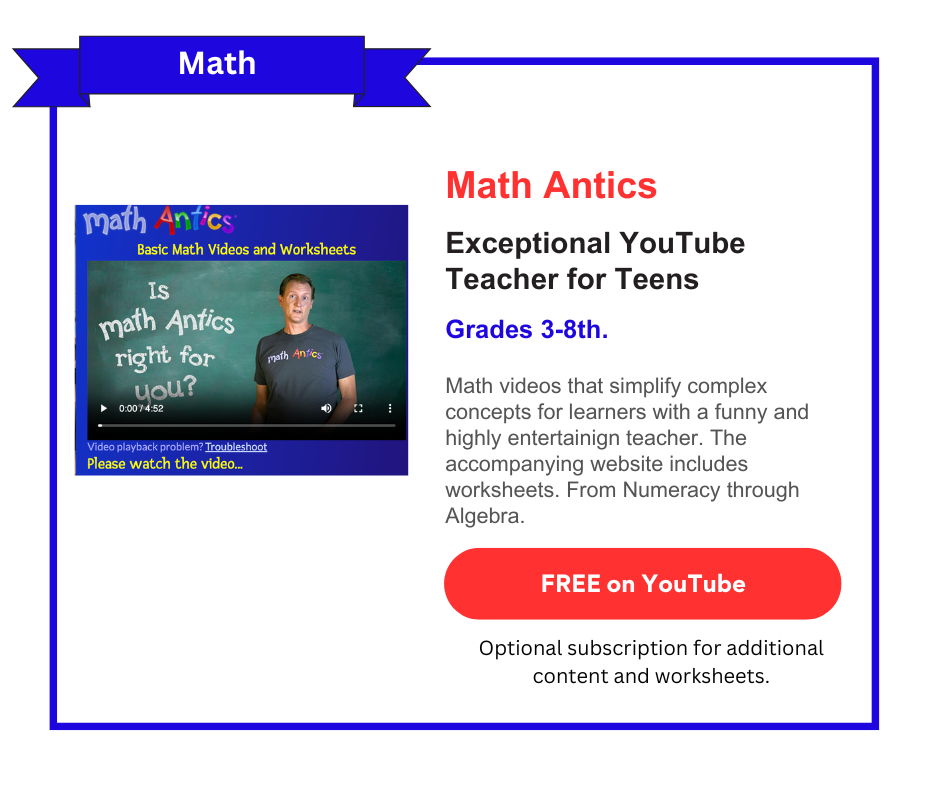


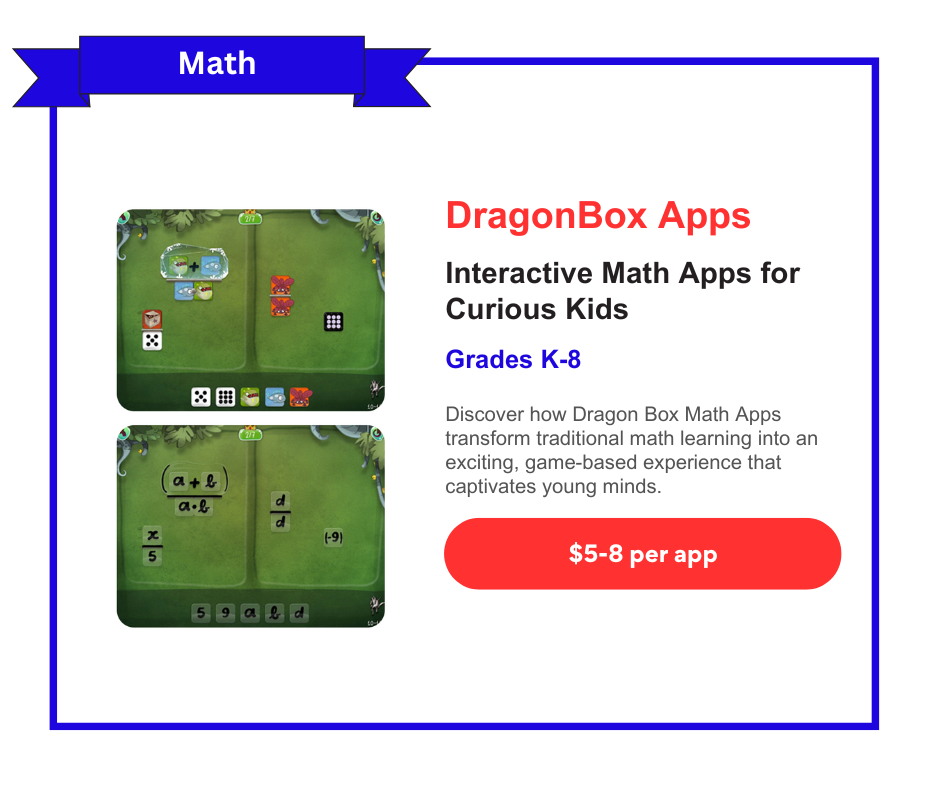
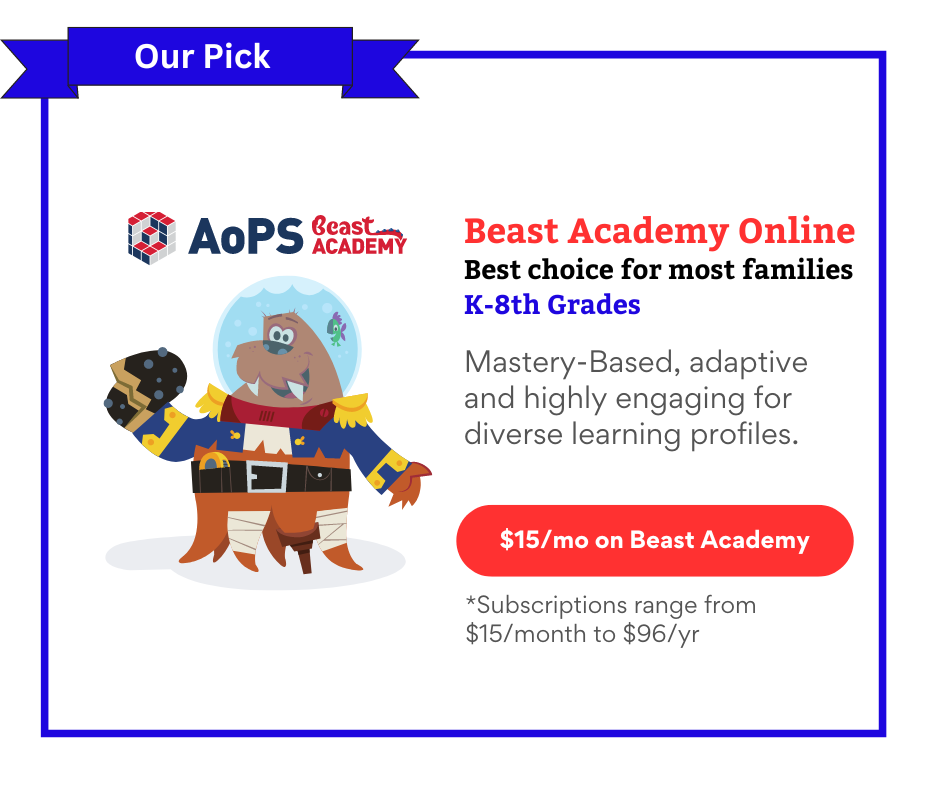
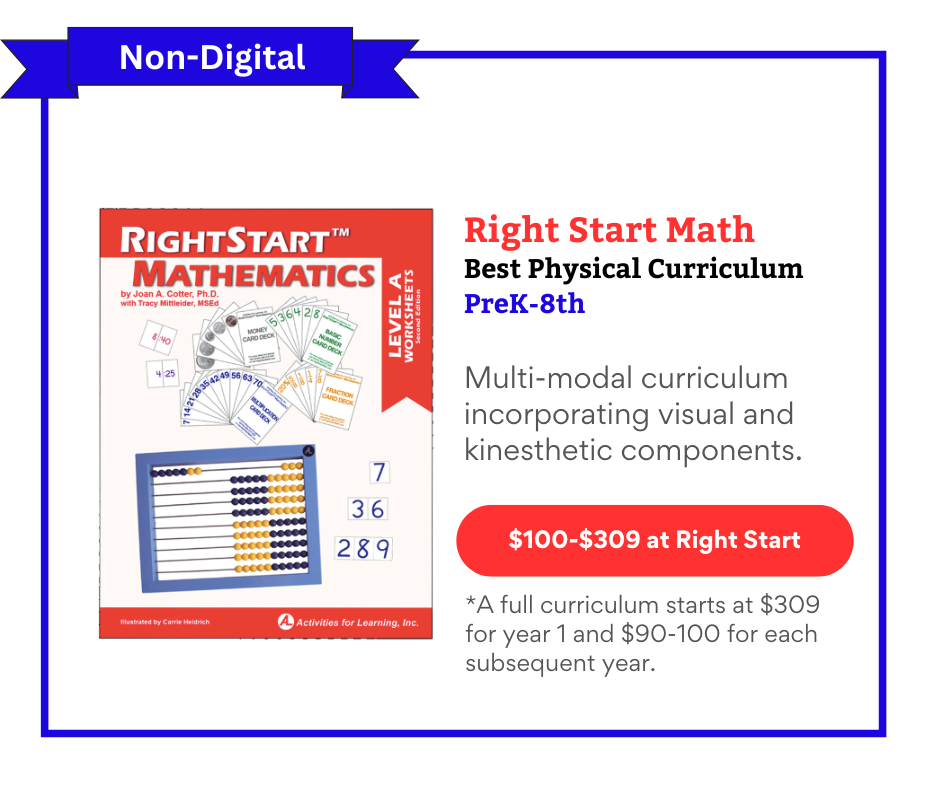
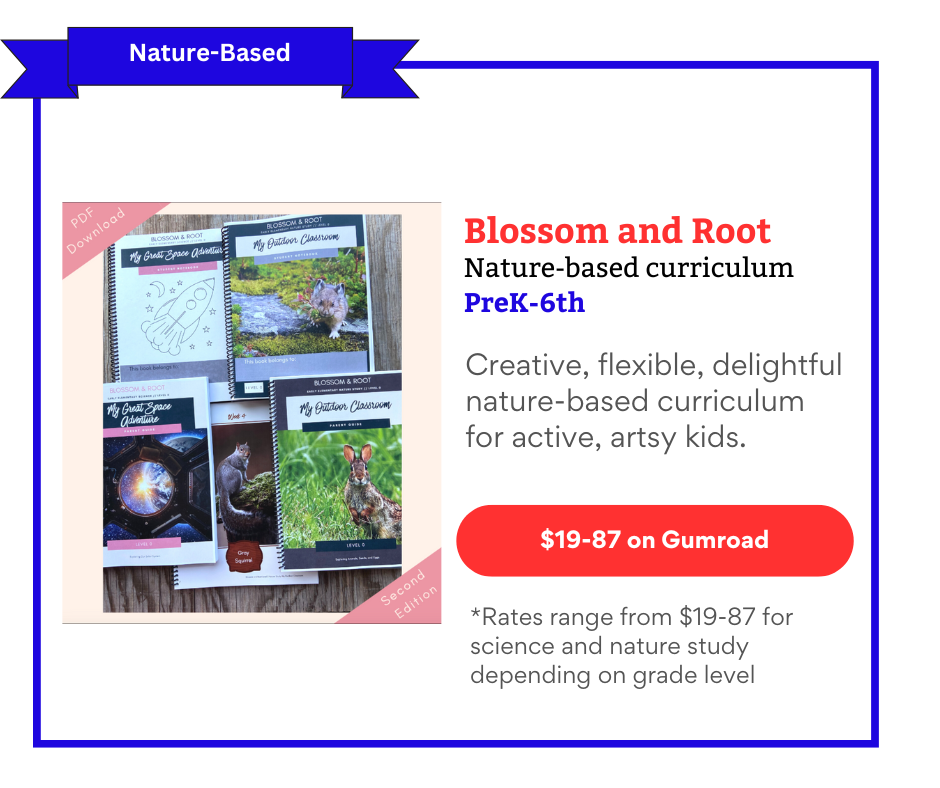

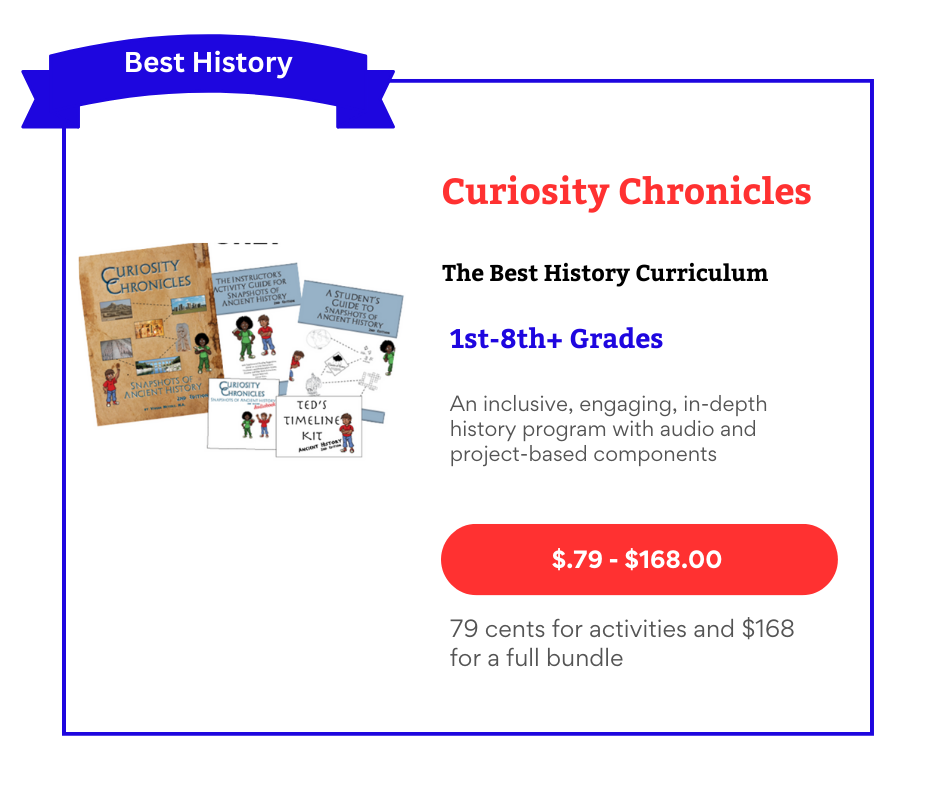
Explore real parents' experiences with Prodigy the Game as a learning tool for their children. Discover the pros, cons, and key tips for utilizing this engaging, game-based math platform effectively. Learn who it's best suited for and how to maximize its educational benefits.